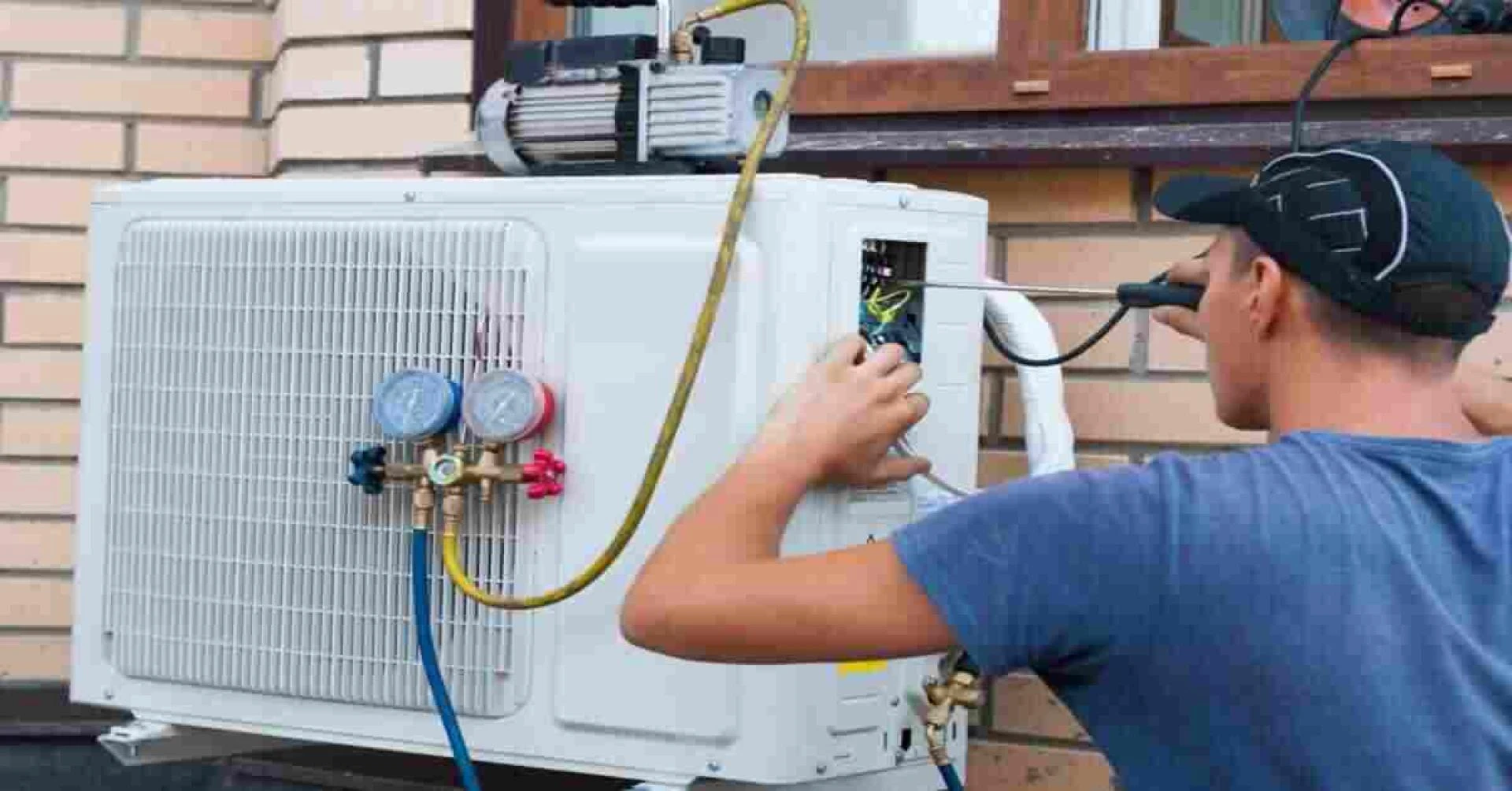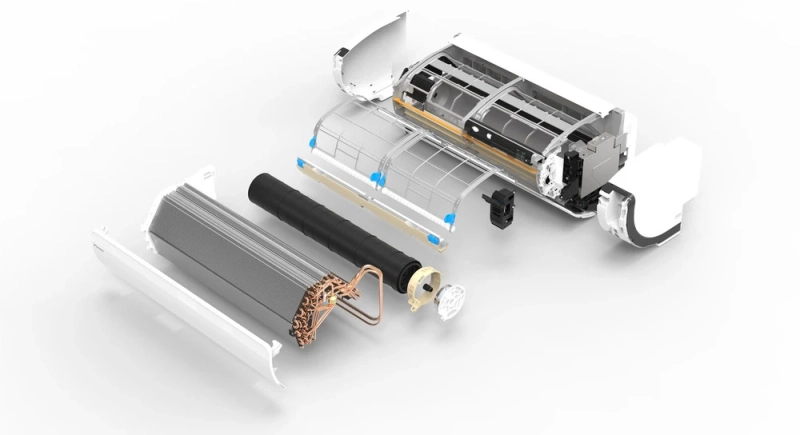Air conditioning has become essential in contemporary living, particularly in areas characterized by hot climates. When it comes to cooling systems, two popular options are window air conditioners (AC) and inverter air conditioners. While both serve the same purpose of cooling indoor spaces, they differ significantly in terms of technology, efficiency, and performance. Let\'s delve into the distinctions between window AC and inverter AC systems.
1. Technology:
Window AC: These units consist of a single box that contains all the components, including the compressor, condenser, expansion valve, and evaporator. They are typically installed in a window or through a specially made slot in the wall.
Inverter AC: Inverter technology is more advanced and energy-efficient. These AC units use a variable speed compressor motor that adjusts its speed according to the cooling requirements of the room. Unlike conventional ACs that switch the compressor on and off to regulate temperature, inverter ACs continuously adjust the compressor speed, resulting in precise temperature control and reduced energy consumption.
2. Energy Efficiency:
Window AC: Traditional window AC units operate on a fixed speed compressor, meaning they consume the same amount of energy regardless of the cooling needs. This can lead to energy wastage, especially during periods of partial cooling requirements.
Inverter AC: Inverter technology offers superior energy efficiency by adjusting the compressor speed to match the cooling load. As a result, they consume less power and provide more consistent cooling, leading to significant energy savings in the long run.
3. Performance:
Window AC: Window air conditioners are suitable for smaller spaces and are generally less expensive to purchase upfront. However, their performance may vary depending on factors such as room size, insulation, and outdoor temperature.
Inverter AC: Inverter air conditioners are known for their superior performance and comfort. They maintain a more stable temperature and humidity level, providing better cooling efficiency and comfort even during extreme weather conditions. Additionally, inverter ACs produce less noise compared to traditional window units.
4. Cost:
Window AC: While window air conditioners are typically cheaper to purchase initially, they may end up costing more in terms of energy bills due to their lower efficiency.
Inverter AC: Inverter air conditioners tend to have a higher upfront cost compared to window units. However, their energy-saving capabilities can result in lower electricity bills over time, making them a cost-effective choice in the long term.
5. Installation and Maintenance:
Window AC: Installation of window air conditioners is relatively straightforward and can be done without major modifications to the existing structure. Maintenance typically involves cleaning the filters and occasionally servicing the unit.
Inverter AC: Inverter air conditioners may require professional installation, especially if additional electrical work is needed. While their maintenance requirements are similar to window units, inverter ACs may have more advanced features that require periodic servicing by trained technicians.
In conclusion, both window AC and inverter AC systems have their own advantages and limitations. While window units are more budget-friendly and easier to install, inverter ACs offer superior energy efficiency, performance, and comfort. Ultimately, the choice between the two depends on factors such as budget, space requirements, and long-term energy savings goals.
posting oleh: service ac jakarta barat


